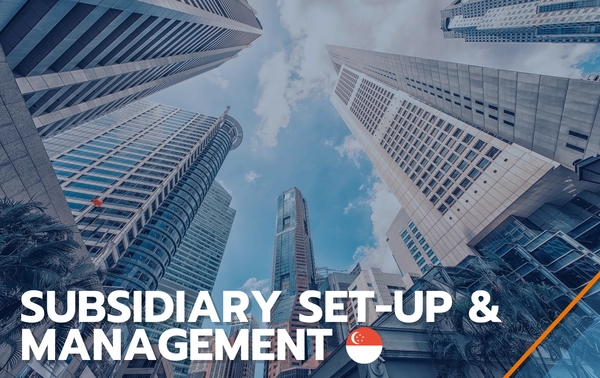Expanding your business into Canada involves several financial and regulatory considerations, with taxes being one of the most crucial. Specifically, determining when to register and charge for the GST/HST is key to maintaining compliance, alongside specific provincial tax requirements, such as Quebec’s separate Quebec Sales Tax (QST). Below, we dive into the basics of these taxes, when registration is necessary, and how to navigate your obligations.
The Basics of GST/HST
Canada applies a 5% federal GST on goods and services across all provinces. In some provinces, this GST is combined with a provincial sales tax, resulting in the Harmonized Sales Tax (HST), which varies based on the provincial tax rate. This system can be intricate, particularly if you’re not familiar with provincial distinctions.
For instance, Quebec imposes its own provincial sales tax (QST) at 9.975%, which is added separately from the federal GST of 5%, totaling 14.975%. Conversely, in Alberta, only the 5% GST is applied, with no additional provincial sales tax.
When Should You Register for GST/HST?
If your total taxable revenue exceeds CAD 30,000 over four calendar quarters, registration becomes mandatory. This applies to goods and services sold in Canada, and imports. Even before reaching this threshold, businesses may benefit from voluntary registration, allowing for Input Tax Credits (ITCs).
Key Tip: Stay ahead of the threshold and register early to avoid surprises.
Advantages of Voluntary Registration:
- ITCs: Eligible businesses can offset their tax by claiming credits for GST/HST paid on expenses.
- Credibility: Registering signals compliance, building trust with Canadian customers and partners.
HST Specifics for Certain Provinces
For businesses in regions with HST (such as Ontario or Nova Scotia), ensure you’re charging the correct rate once you cross the CAD 30,000 mark. Each province has its own HST rate, so familiarize yourself with regional variations.
GST/HST Rates by Province
| PROVINCE | FEDERAL GST | PROVINCIAL TAX | TOTAL RATE |
| Quebec | 5% | QST (9.975%) | 14.975% |
| Alberta | 5% | NONE | 5% |
| Ontario | HST (13%) | N/A | 13% |
| British Columbia | 5% | PST (7%) | 12% |
| Nova Scotia | HST (15%) | N/A | 15% |
Source: https://www.retailcouncil.org/resources/quick-facts/sales-tax-rates-by-province/
Charging and Collecting GST/HST
Once registered, you must charge GST or HST on taxable supplies, with GST at 5% and HST ranging between 13% and 15%. Accurate accounting software helps ensure taxes are added correctly. Certain exemptions (e.g., zero-rated exports) may apply.
Meeting Your Tax Obligations
Beyond registration, responsibilities include:
- Charging taxes on taxable transactions
- Filing returns based on your reporting cycle (monthly, quarterly, or annually)
- Remitting taxes to the CRA
- Claiming ITCs for recoverable expenses
Failure to comply may result in penalties, so set up an efficient reporting process or engage tax professionals for support.
Simplifying Compliance with Professional Help
Navigating Canadian tax law, especially GST/HST obligations, can be daunting. Consulting experts familiar with the system ensures compliance and smooth entry into the Canadian market. Our consulting firm specializes in helping businesses meet Canadian tax requirements efficiently.
Simplify Your Canadian Tax Obligations – Ready to Expand Internationally?









